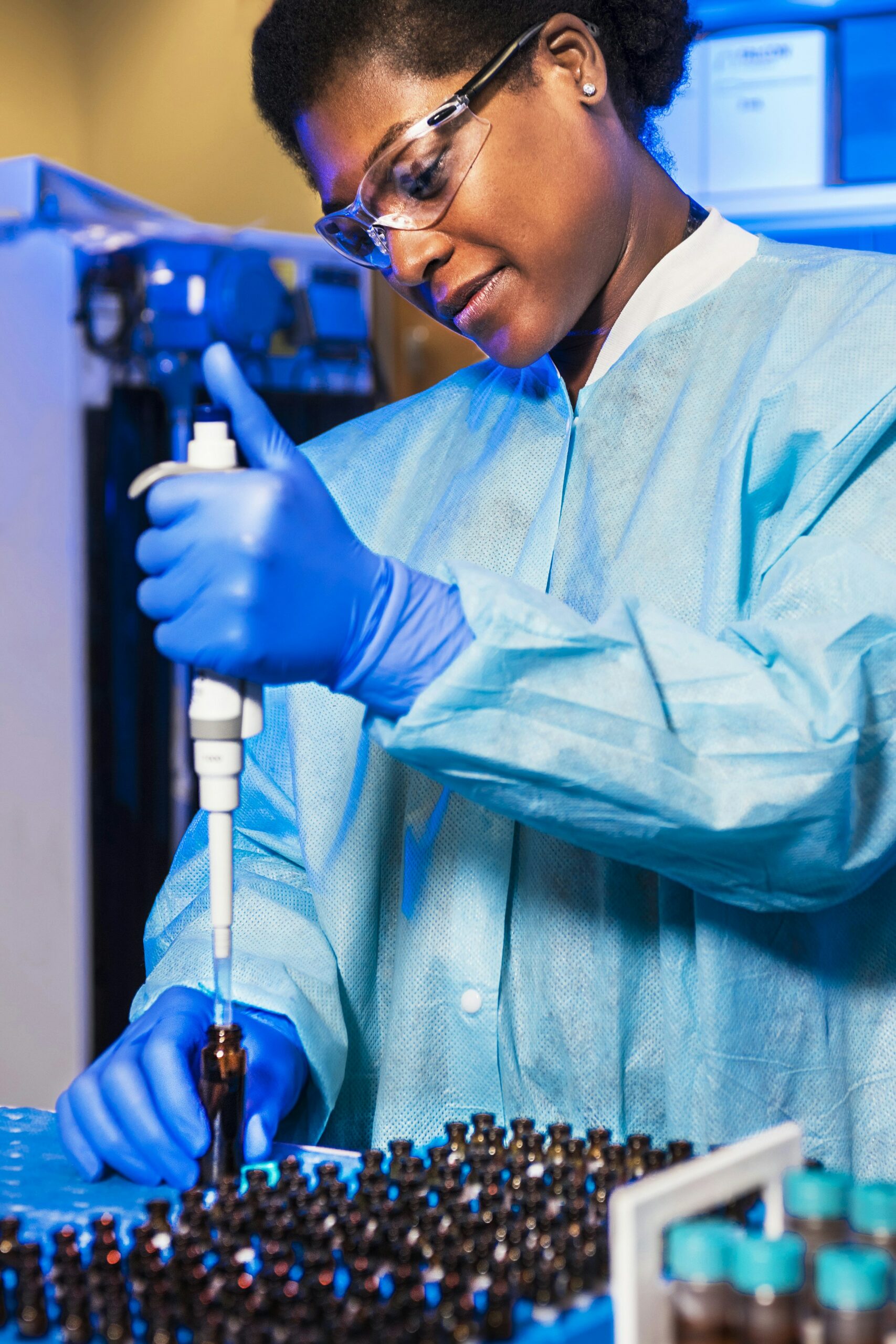Lessons Learned from the DALIAH Trial
June 17, 2024
The non-invasive fibrosis biomarker measuring type III collagen synthesis (PRO-C3) is elevated in patients with myeloproliferative neoplasms and associate with disease severity and allele burden – lessons learned from the DALIAH trial
Introduction
Myeloproliferative neoplasms (MPNs) are chronic blood cancers characterized by elevated blood cell counts. MPNs arise due to acquired somatic driver mutations in stem cells (JAK2V617F, CALR and MPL) and develop over decades from the earliest stages of essential thrombocythemia (ET) and polycythemia vera (PV) towards advanced primary myelofibrosis (PMF) with bone marrow failure. MPNs are driven by chronic inflammation and characterized by persistent connective tissue remodeling leading to organ
dysfunction due to excessive accumulation of collagens (fibrosis) in the bone marrow. Reduction or stabilization of bone marrow fibrosis is considered a significant therapeutic goal in MPNs, hence monitoring and quantitating fibrosis non-invasively is ideally suited for patients with MPNs.
The aim of this study was to investigate the relevance of non-invasive serological biomarkers of type I collagen synthesis (PRO-C1) and type III collagen synthesis (nordicPRO-C3™) in patients with MPNs.
Poster
Conclusion
The non-invasive fibrosis associated biomarker nordicPRO-C3™, that reflects type III collagen synthesis, is elevated in MPN patients and associate with the severity of the disease and with the JAK2V617F allele burden. NordicPRO-C3™ has potential as a non-invasive bone marrow fibrosis biomarker to stratify and monitor patients with MPNs.




